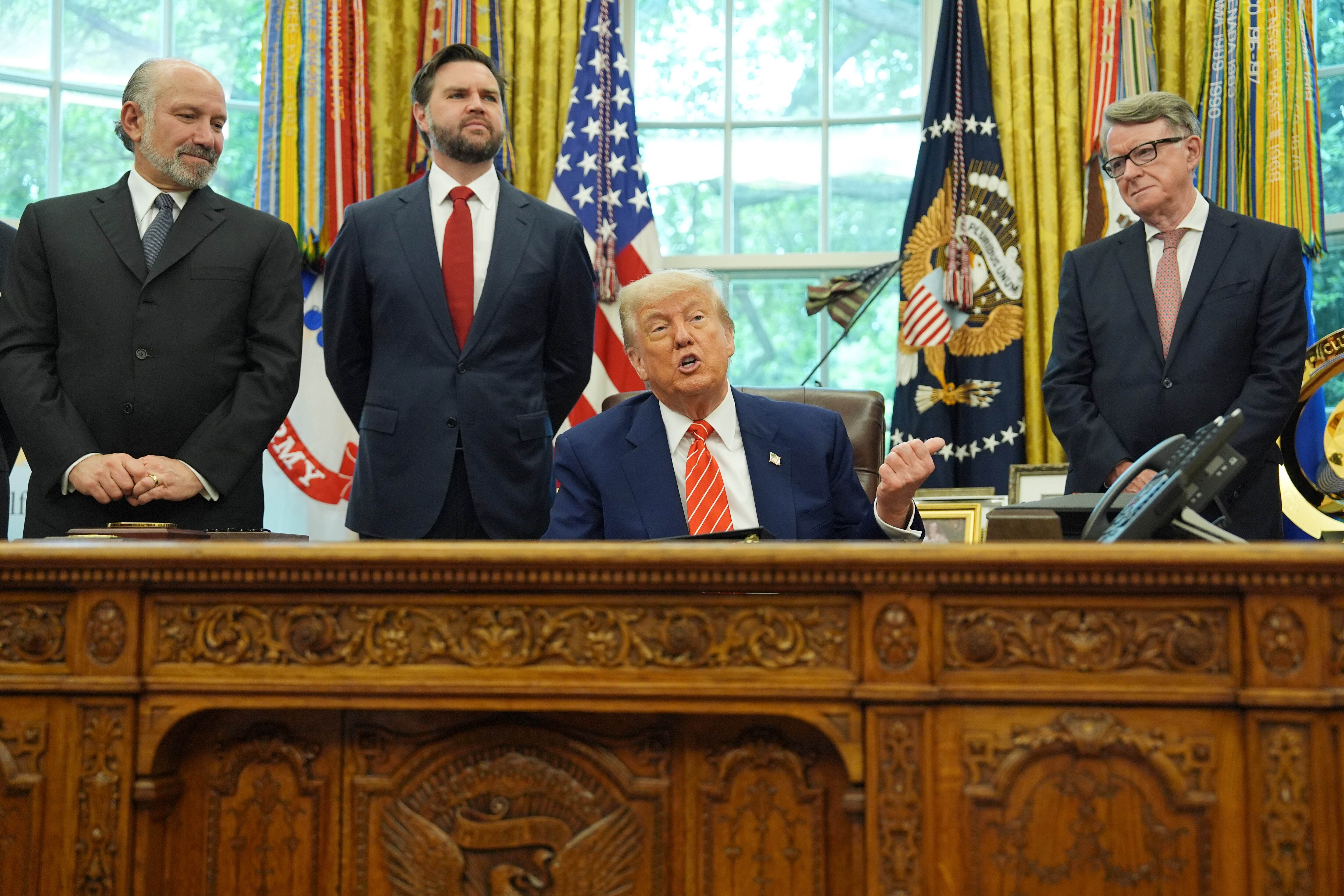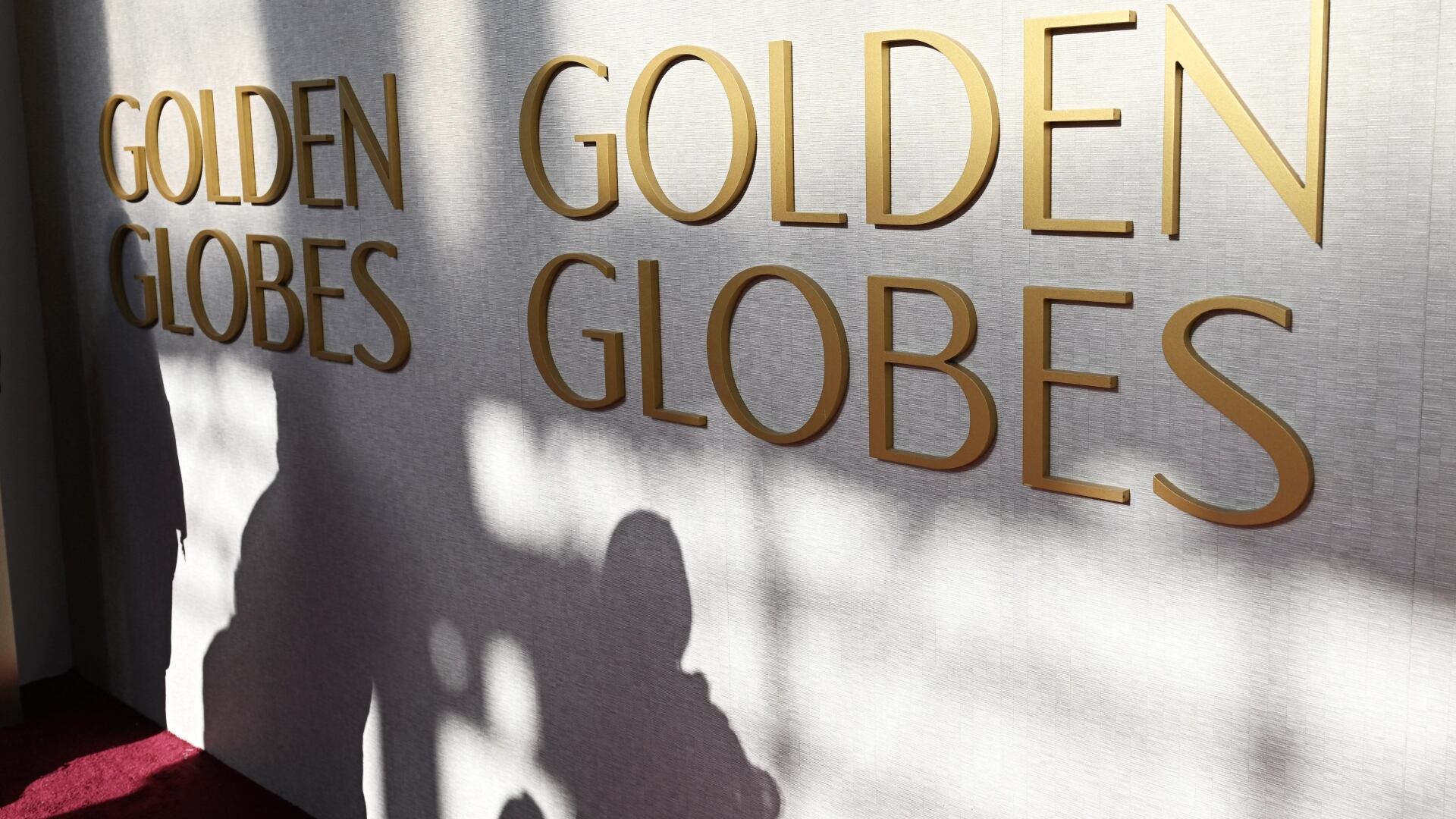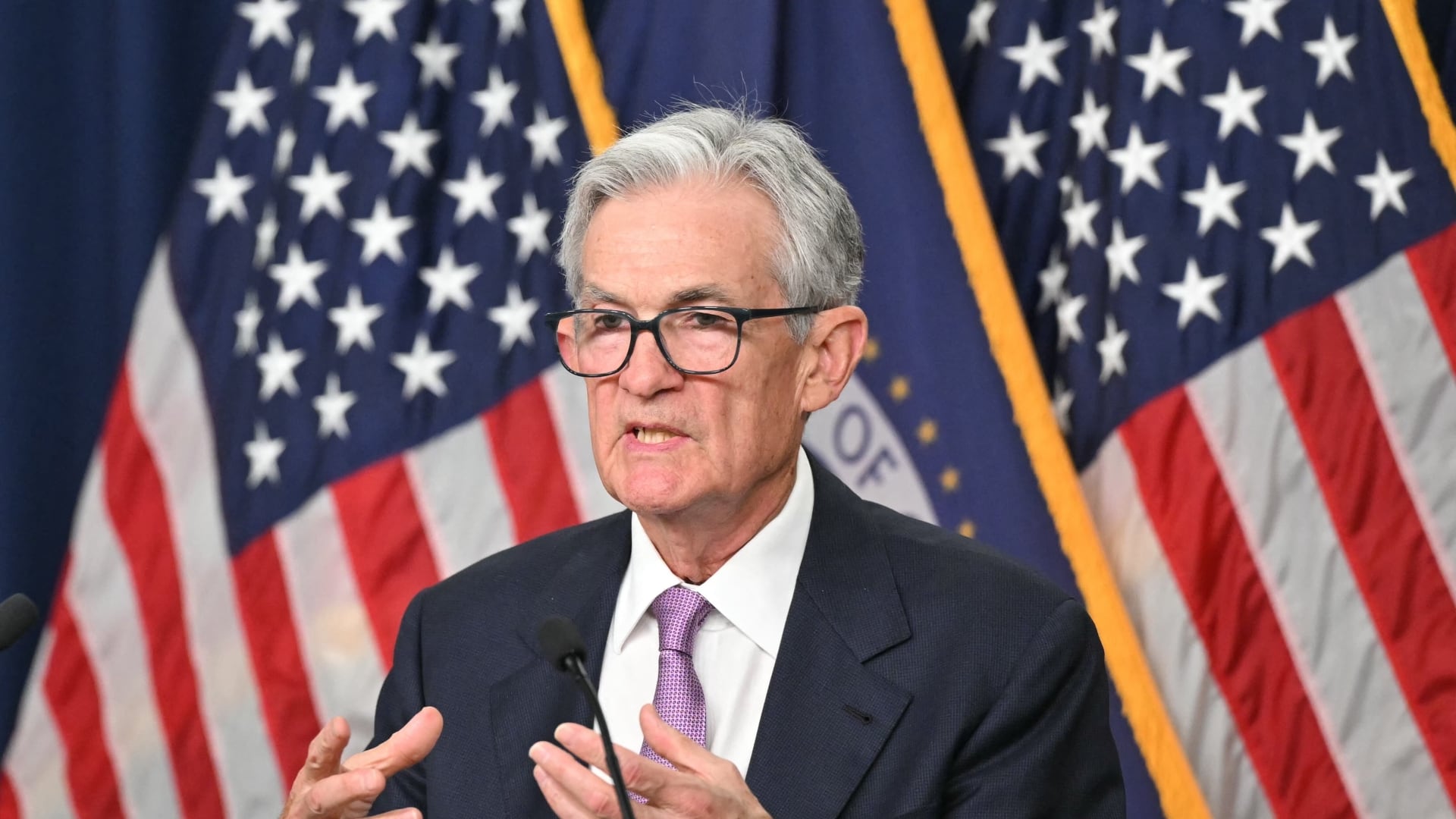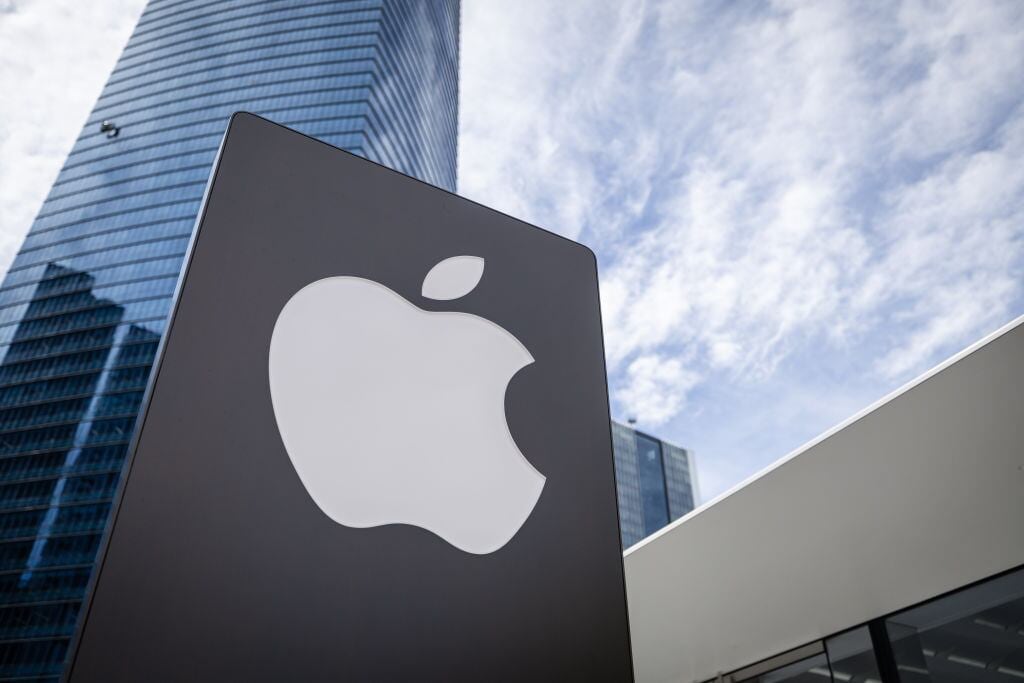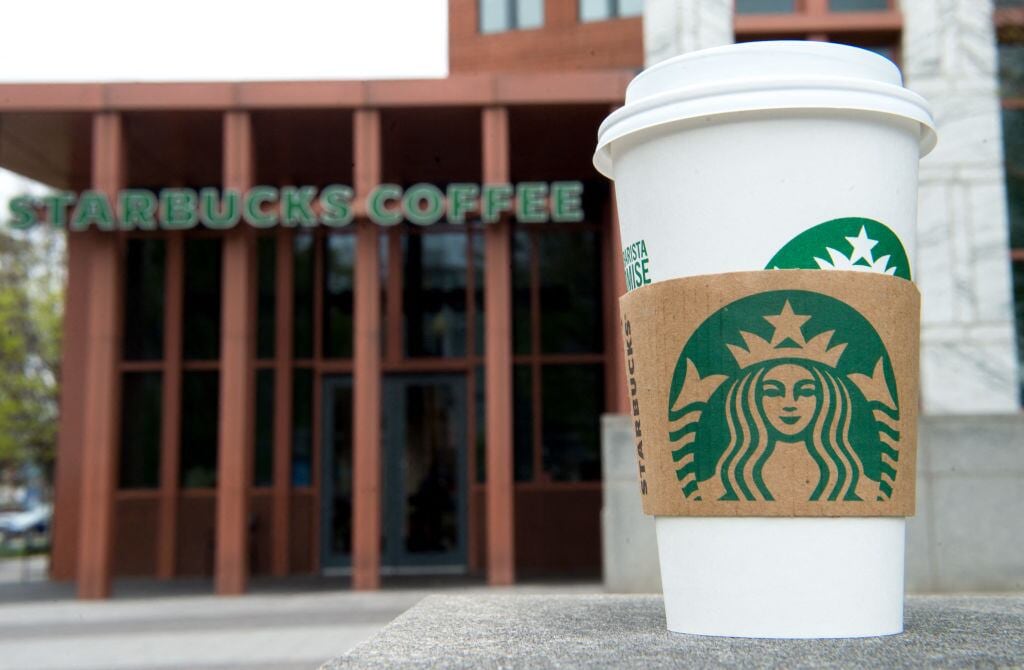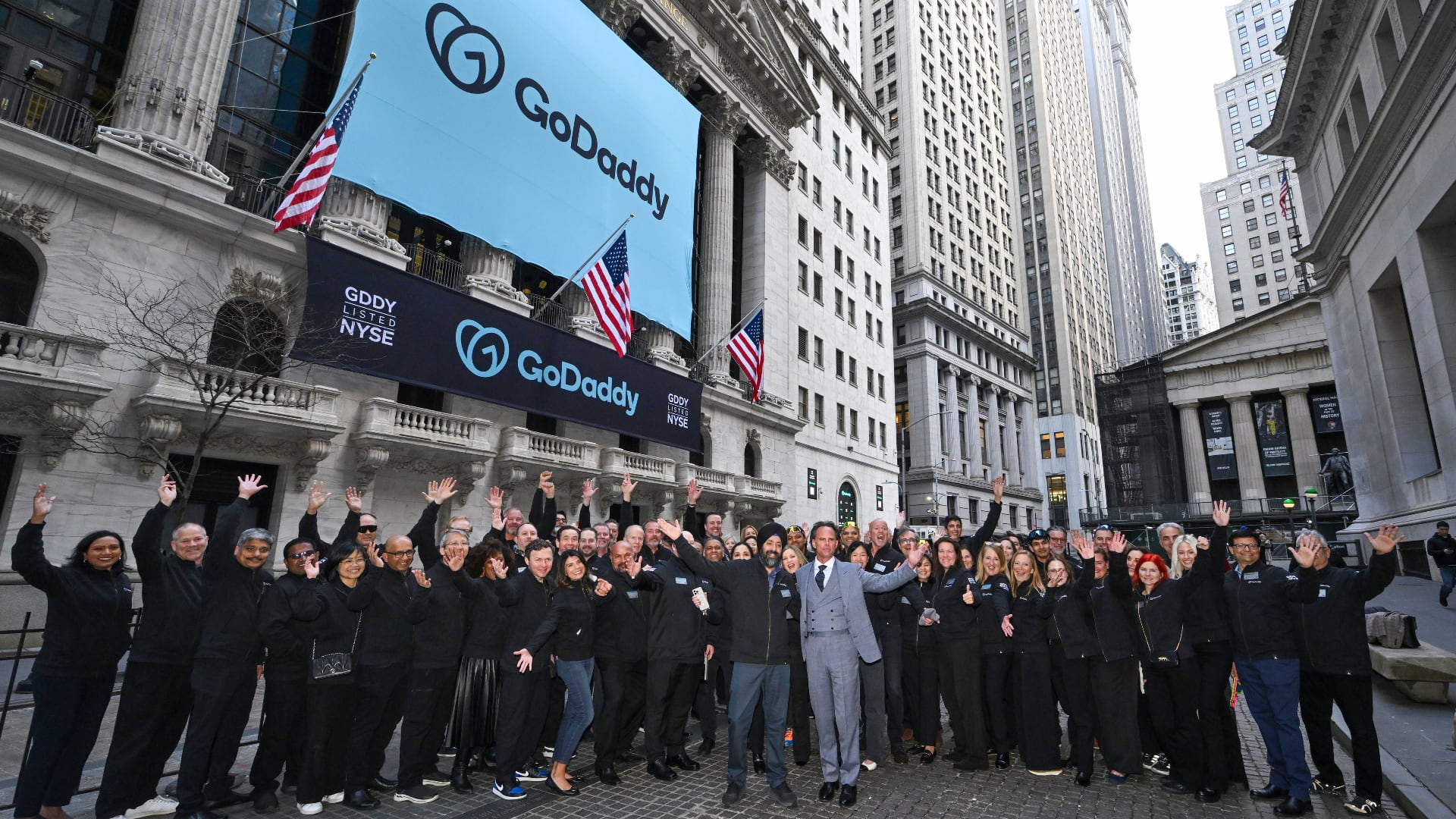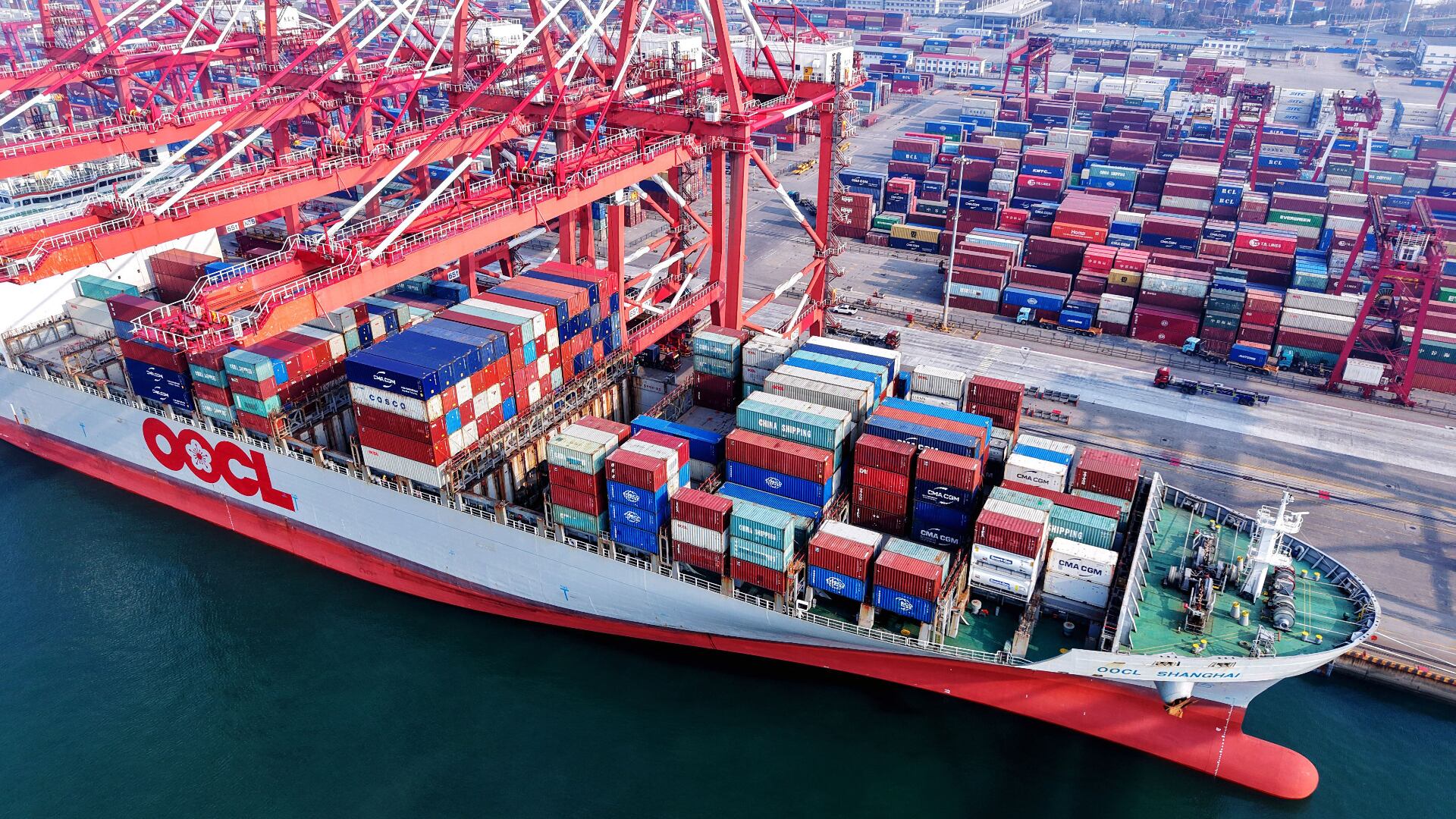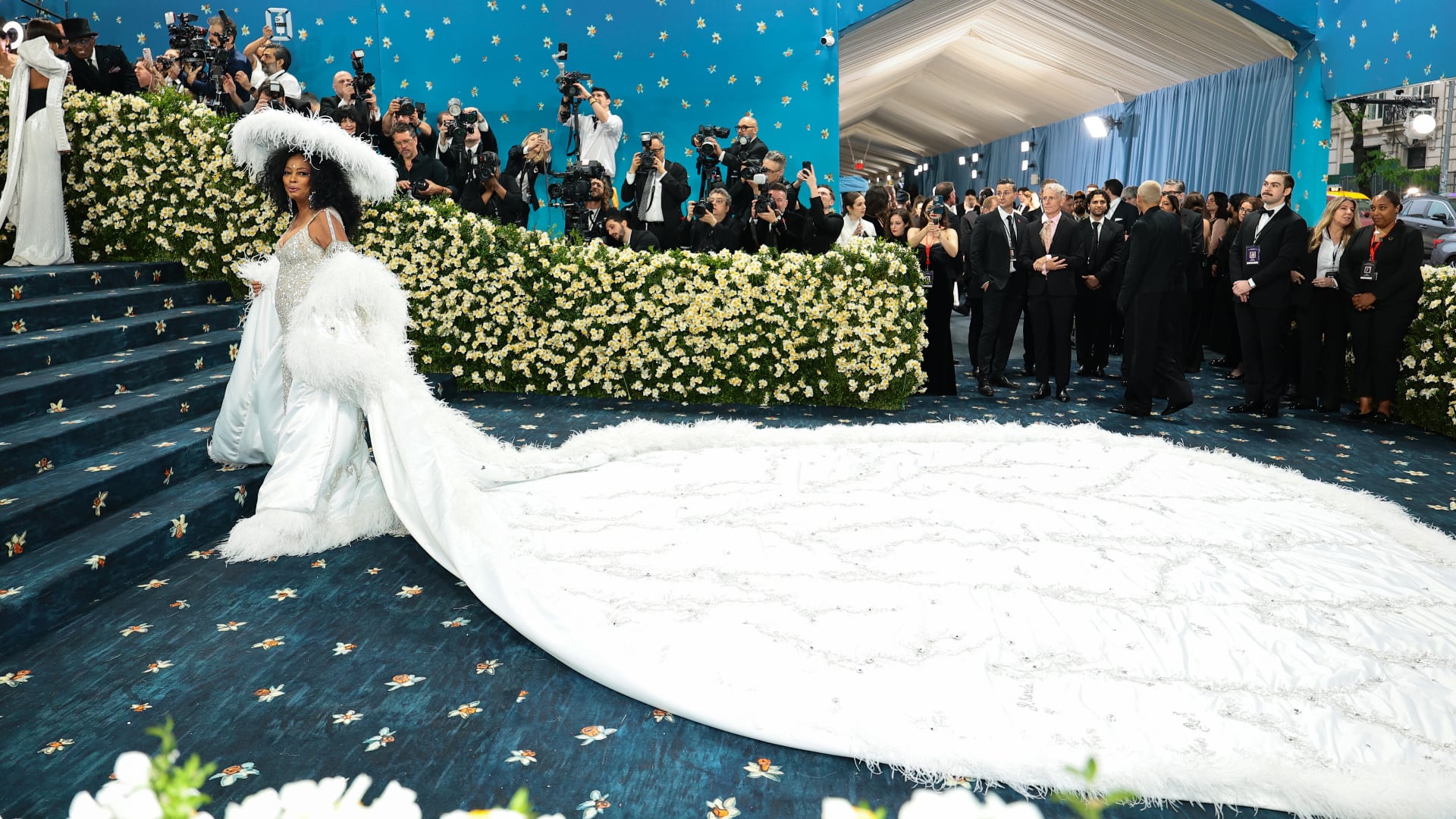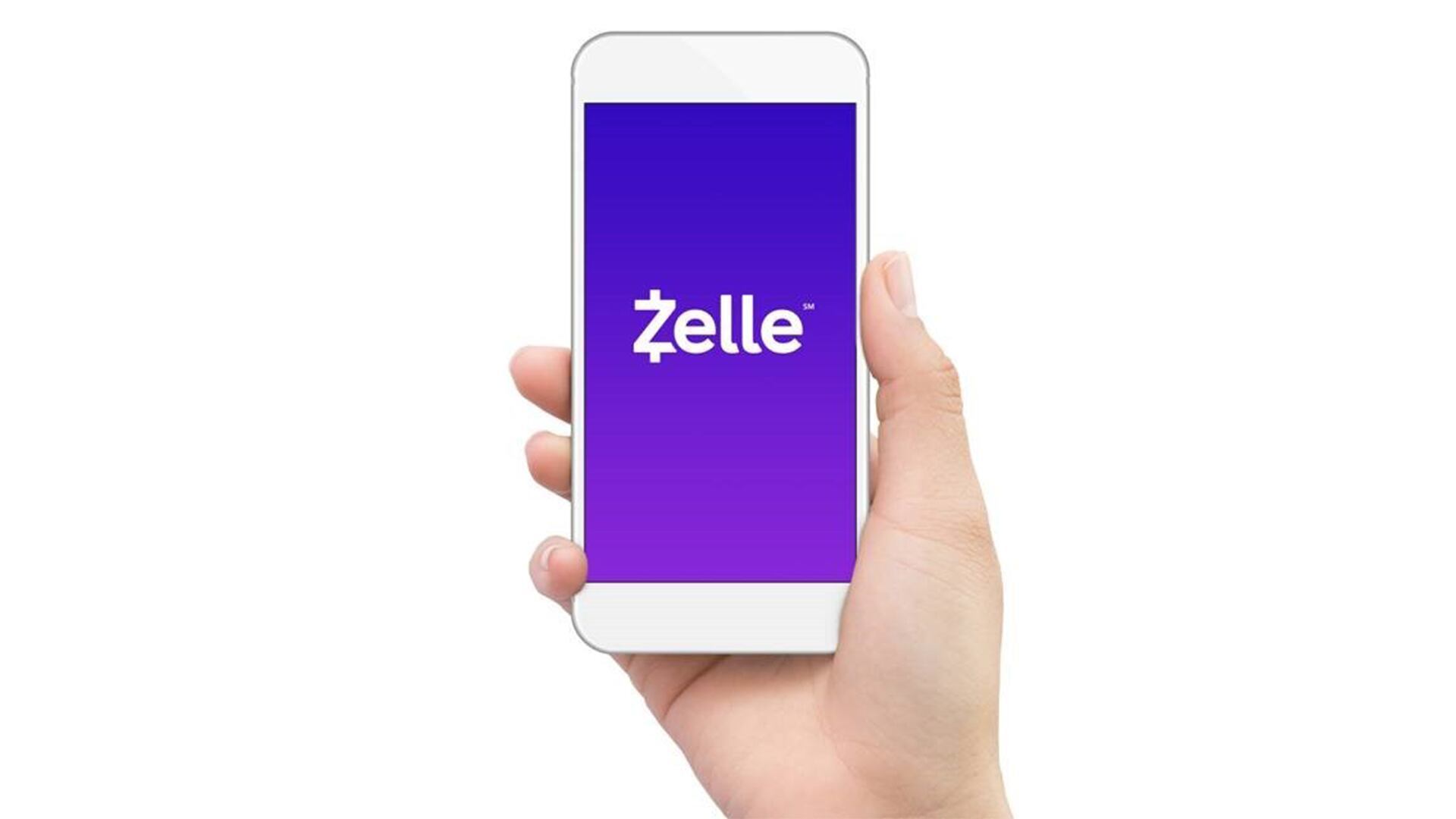*By Carlo Versano* In the days before Thanksgiving, as most retailers were scurrying to ready their inventory and e-commerce operations for what would be a record holiday shopping weekend, the company that all but invented the modern model of corporate social responsibility was doing something else entirely. TOMS, the shoemaker that popularized those ninja-esque canvas moccasins, rebuilt its homepage to feature a call to action on gun violence, and prompted customers to send a postcard to their representative urging them to support universal background checks. On the busiest shopping day of the year, the top of Toms.com didn't feature anything to buy. TOMS Founder Blake Mycoskie told Cheddar that he decided after the recent shooting in Thousand Oaks, Calif. ー near his home ー that it was incumbent on businesses to act when lawmakers could not. That sense of mission is what drove the advocacy campaign ー and prompted a $5 million donation to gun control advocacy groups. "This is not a political issue," Mycoskie said. "This is a human issue." When TOMS launched in 2006, its one-to-one model of charitable giving ー the company donates a pair of shoes for every pair purchased ー was an innovative form of social impact that has since been replicated throughout the web-native brands popular with millennials (Warby Parker for eyeglasses, ThirdLove for underwear). For Mycoskie, imitation is the sincerest form of flattery. He said that companies can't afford to be silent on issues now ー younger consumers expect the brands they patronize to have transparency around the causes they support. "It's the price of entry" for entrepreneurs who want to do business in today's marketplace, he said. But some issues, like gun violence, are so important and time-sensitive that they demand even more attention and resources. Every day, 96 people die from guns, according to the [Brady Campaign](http://www.bradycampaign.org/key-gun-violence-statistics). In addition to the postcard gambit, 600,000 of which were sent in the first week, TOMS announced a $5 million donation to a handful of gun violence prevention organizations. That makes it the largest corporate gift related to gun violence protection ever. "We're going to stand for something here," Mycoskie said. Timing is critical not just after a rash of recent mass shootings, but from a political perspective ー and Mycoskie's decision to start the campaign after the election, but before the new year, was shrewd. When Democrats regain control of the House in January, they are all but certain to bring a background-check bill to the floor as one of their first orders of business. Mycoskie and TOMS are hoping that a deluge of end-of-year pressure might increase the likelihood that a related bill, or some form of it, will pass in the new year. "We built this company because we believe businesses can build a better tomorrow," he said. "If not us, who? And if not now, when?"
